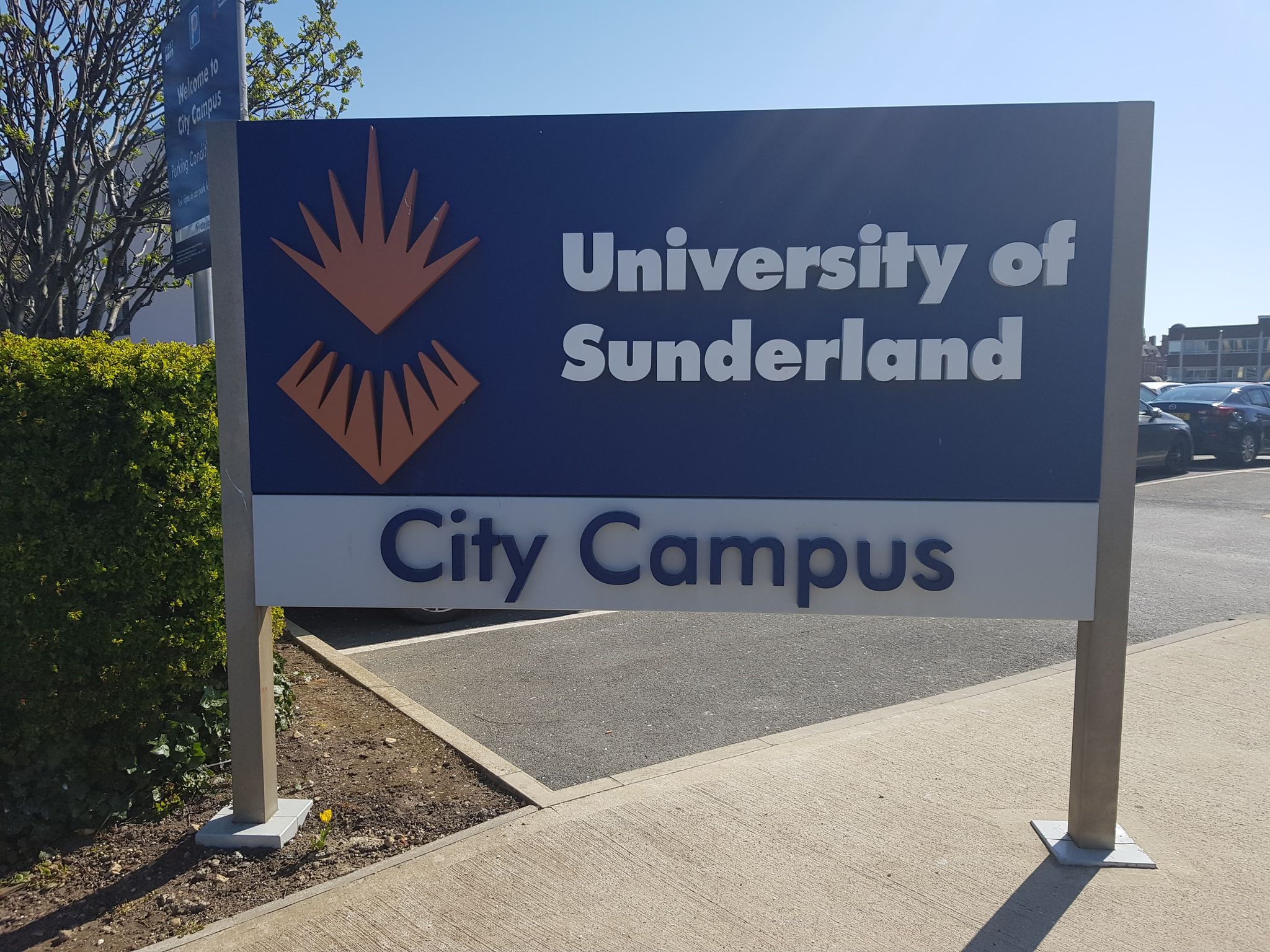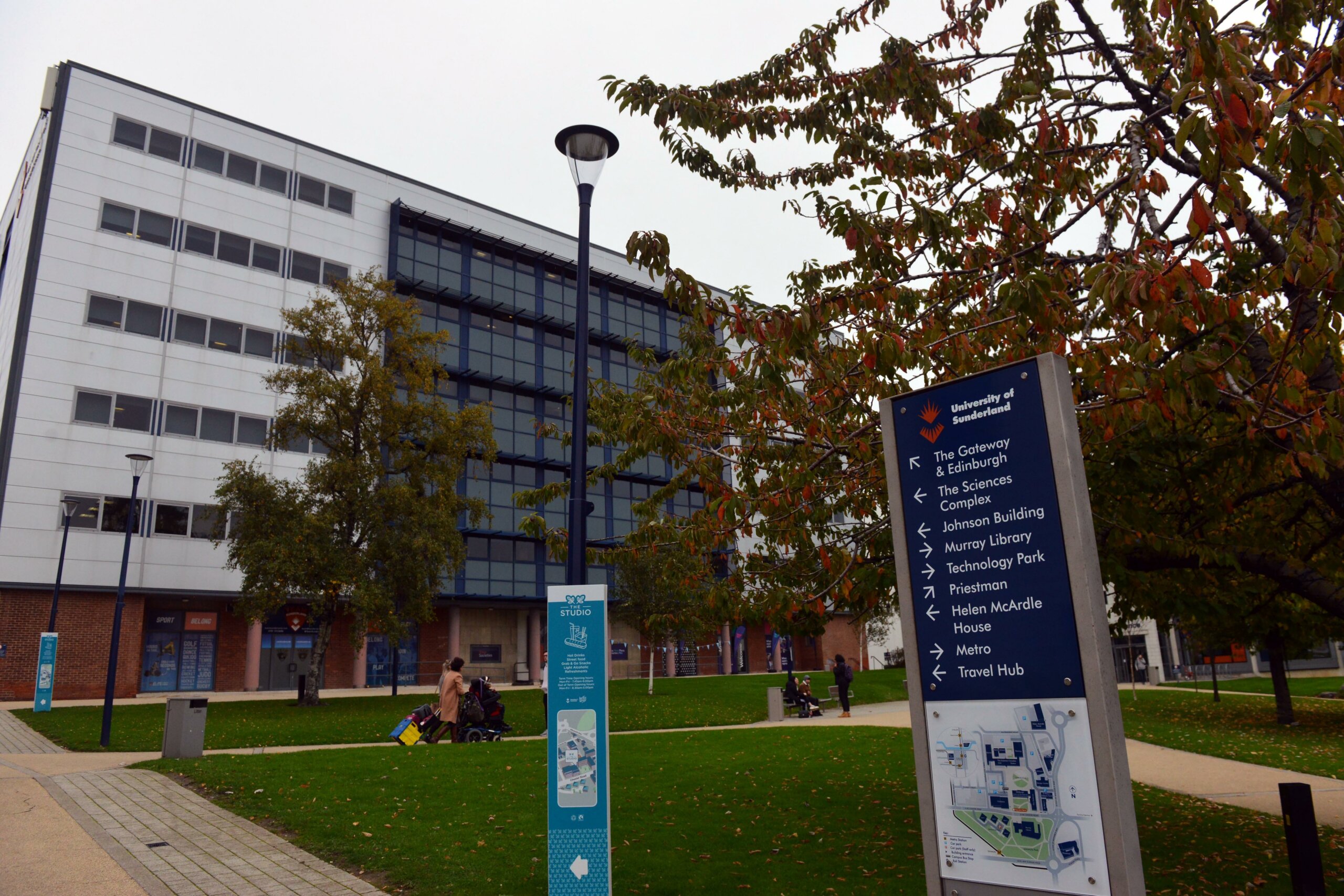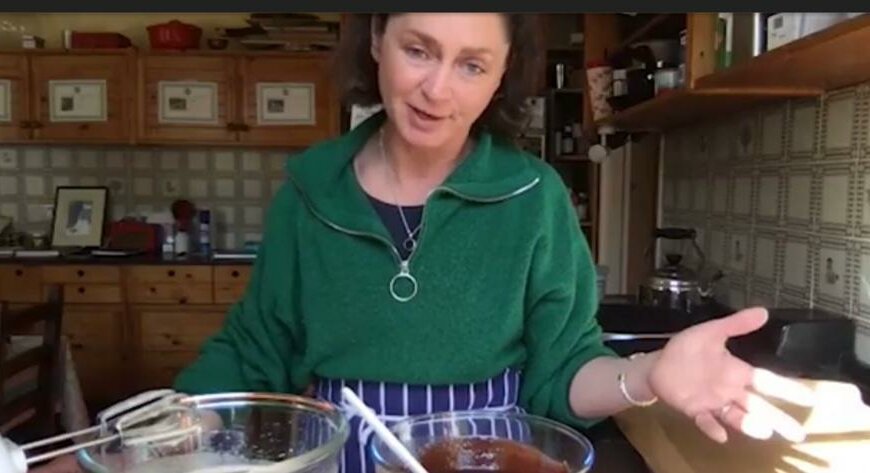WHEN Covid-19 reached the shores of the United Kingdom, it caused a scramble in every industry. But something that was affected most of all was the education sector. Country-wide, people were beginning to realise they’d have to find a way to teach without face-to-face contact.
Thus, a lot of universities decided to move to a form of online teaching. However, a question that has been on my mind for a while is whether or not this affected the quality of teaching at all in the eyes of both staff and students.

IN A pre-pandemic age, the university in the above photo would be bustling, filled with students and staff alike. There would be lectures, workshops and more all day long, with people coming to and from various buildings. And later in the evening, students would go from the buildings away to the local town to drink and laugh with each other, before going home to prepare for the same thing the next day.
Covid-19 has essentially upended a lot of industry worldwide. The infectious, deadly, pandemic has caused an utter standstill. For many, it’s almost as if an entire year has just been lost to time. Education has had to find new ways to change, morph and discover how to keep going in spite of a virus that in and of itself entirely prevents the usual method of teaching (that being, face to face learning).

Robert Jewitt, Program Leader from Media, Culture and Communication at the University of Sunderland, spoke of how the pandemic affected learning to an extreme degree.
“Before the pandemic we were quite literally operating on a system that did require physical copresence. We had lectures and seminars and occasional workshops.”
“We had an inkling internally that the change that was happening outside the university sector was going to have an impact on us, and it wasn’t ideal. We weren’t in a situation where we were best prepared to all of a sudden transition to digital learning experience.”
A New Year- And Looking Back.
When I inquired about how having summer to prepare for a fresh new academic year changed things, Robert Jewitt had the following to say;
“With the best will in the world, I think that the open university who are probably the world leaders are doing this said it takes about twelve months to get a single module up and running to the best it can be. And we didn’t have twelve months. We had two months, of which most staff are probably going to be taking their annual leave over that time…. We had eight to ten weeks to redesign a curriculum so that it could be delivered online and we were also being advised by the board to do something blended.”
I also spoke to welsh student Callum Jones, who attends Glyndwr University in Wrexham, about how he felt learning during the pandemic has been from a student perspective.
“It’s been tough. Every lecture I’ve attended has been online. I feel my university could put more effort into contacting us, most of the time it just feels like a waste or half the time we barely have lectures.”
Many students have found themselves in a similar situation to Callum. Ralph Carro, who studies Classics at the University of Oxford, offered more insight into how it’s been for a student during the pandemic.
“With a literature-based degree, I did not have many contact hours each week, but tutorials and classes would all be in person and weekly. The prospect of watching lectures online seemed appealing at first, but the online catalogue for the lectures is on a very outdated and disorganised system.”
Ralph further went on to discuss how the pandemic has forced the university to evolve in ways that he believes they should have done years ago, stating that:
“The immense catalogue and variety of books found in my university libraries should have been made available online many years ago, and the pandemic is proof that the university is out of date. The thing that online classes are missing is the ability to have a proper debate too, when on a video call it is almost impossible to understand what more than one person is saying at a time.”
Of course, everything wrote and said here is based upon the knowledge that the Covid-19 virus isn’t going anywhere. Back at the start of it all, many were of the opinion that coronavirus would simply not really affect us, that even if it did we would be able to go back to some form of normality within mere months. But now that we know that the virus is still with us over a year later, would we have something to say to our naïve, inexperienced younger selves? When I asked, Rob Jewitt knew exactly what he would say to his younger self.
“Believe the hype. I mean this is one of the things where you regret what you’ve said… When Asian students were coming in to my class with masks and asking if I was scared about the pandemic I just said no, and said that these things happen all the time but never get to the UK. I’ve never felt stupider in my life than reflecting back on that moment… If there are warning signs that something out of the unusual is happening, perhaps pay a little more attention to it rather than just writing it off as a media scare story.”




